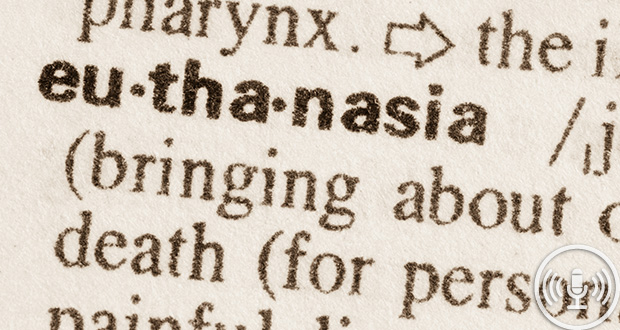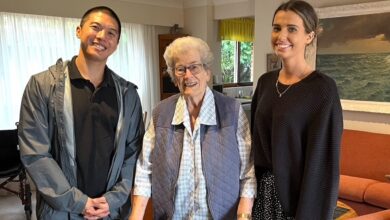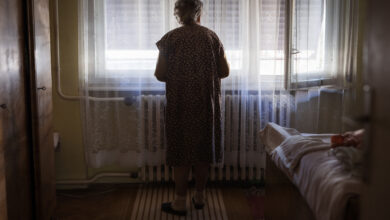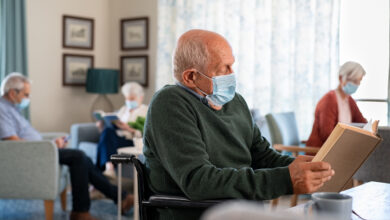How would you respond to a patient who wants to die?

It has been six months since the Voluntary Assisted Dying Act was passed into law in Victoria and the idea of state sanctioned euthanasia has been a topic continuously debated in state parliaments across the land.
The full effect of voluntary assisted dying (VAD) on the health system is as yet unknown. Earlier this year, Nursing Review spoke with Jac Mathieson, the chief nursing officer at Peter MacCallum Cancer Centre, who said that safeguards are in place to avoid any misuses of the act. She said to get access to the drugs is a “long winded process” that includes the patient having to make three separate requests before they can gain access. After an initial consultation with a doctor, a second doctor will make an assessment, then a person will have to make a written declaration verified by witnesses confirming they wish to undertake the process.
In fact, no medical professional will be allowed to broach the topic of assisted dying with a patient, which could cause some teething problems initially.
“I think the design [of the Act] is as good as it could be. There are unknowns because, for example, in the Act it says that every patient has the right to choose and the right to access,” Mathieson said.
“But then it also talks about medical professionals not having to participate. So, if you're the patient and you’re speaking to your doctor and they don’t have to participate, how do you actually get access?
“Those sorts of things, the logistical things, hopefully, will soon iron out.”
Michael Wilson, a PhD candidate at the Adelaide Nursing School, agrees that there are still kinks to work out. "Clause 8 of the Act prevents health professionals from initiating the discussion, and most elderly people don’t know to ask. One person’s safeguard is another person’s barrier," he said.
Wilson has sought to answer some of the unknowns as they relate to nurses. He surveyed nurses nationwide to find out how they would react to questions from patients regarding assisted dying and he spoke with Nursing Review about the results.
Email: [email protected]





